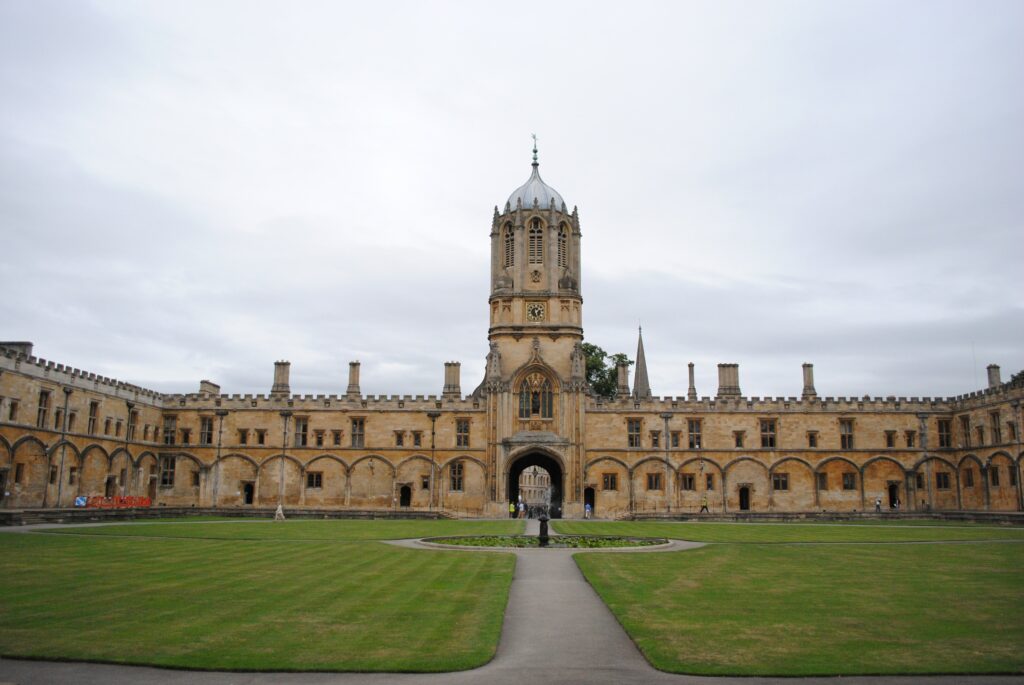The University of Massachusetts Amherst (UMass Amherst) is a public research university located in Amherst, Massachusetts. With more than 30,000 undergraduate and graduate students, UMass Amherst is the flagship campus of the University of Massachusetts system. Like any other university, it has its own strengths and weaknesses. In this answer, we will examine the pros and cons of attending UMass Amherst.

Pros:
- Academic programs: UMass Amherst offers over 200 undergraduate and graduate programs in a wide range of fields, including engineering, business, humanities, social sciences, and more. The university is particularly known for its programs in environmental science, computer science, and nursing.
- Research opportunities: UMass Amherst is a top-tier research institution, with over $200 million in annual research expenditures. This provides students with many opportunities to engage in cutting-edge research and gain hands-on experience.
- Campus resources: The university has excellent resources to support student success, including academic advising, career services, and a robust library system.
- Campus culture: UMass Amherst has a vibrant campus culture, with over 300 student organizations, athletic teams, and cultural events that bring together students from diverse backgrounds.
- Location: Amherst is a small college town located in the scenic Pioneer Valley of Western Massachusetts, known for its natural beauty, cultural attractions, and access to outdoor activities such as hiking, skiing, and kayaking. The town is also a short drive from major cities such as Boston and New York City.
Cons:
- Size: UMass Amherst is a large university, which can be overwhelming for some students. Class sizes can be large, and it can be challenging to get to know professors and fellow students.
- Campus safety: While the campus is generally safe, there have been incidents of crime in recent years, including theft, assault, and sexual assault. The university has taken steps to address these issues, but it is still a concern for some students and parents.
- Cost: As a public university, UMass Amherst is more affordable than many private institutions, but it is still expensive, especially for out-of-state students. Tuition, room, and board can add up to over $30,000 per year for non-residents.
- Weather: Amherst has cold winters and humid summers, which may not be ideal for everyone. Some students may find the climate challenging, especially if they are from warmer regions.
- Social life: While there are many student organizations and events on campus, some students may find the social scene at UMass Amherst lacking compared to larger universities or urban campuses.
In conclusion, UMass Amherst is a top-tier research university with many strengths, including a wide range of academic programs, research opportunities, and campus resources. However, it is also a large and expensive university with some challenges, including campus safety concerns, a challenging climate, and a social scene that may not be ideal for everyone. Ultimately, whether UMass Amherst is the right fit for a particular student will depend on their individual needs and preferences.